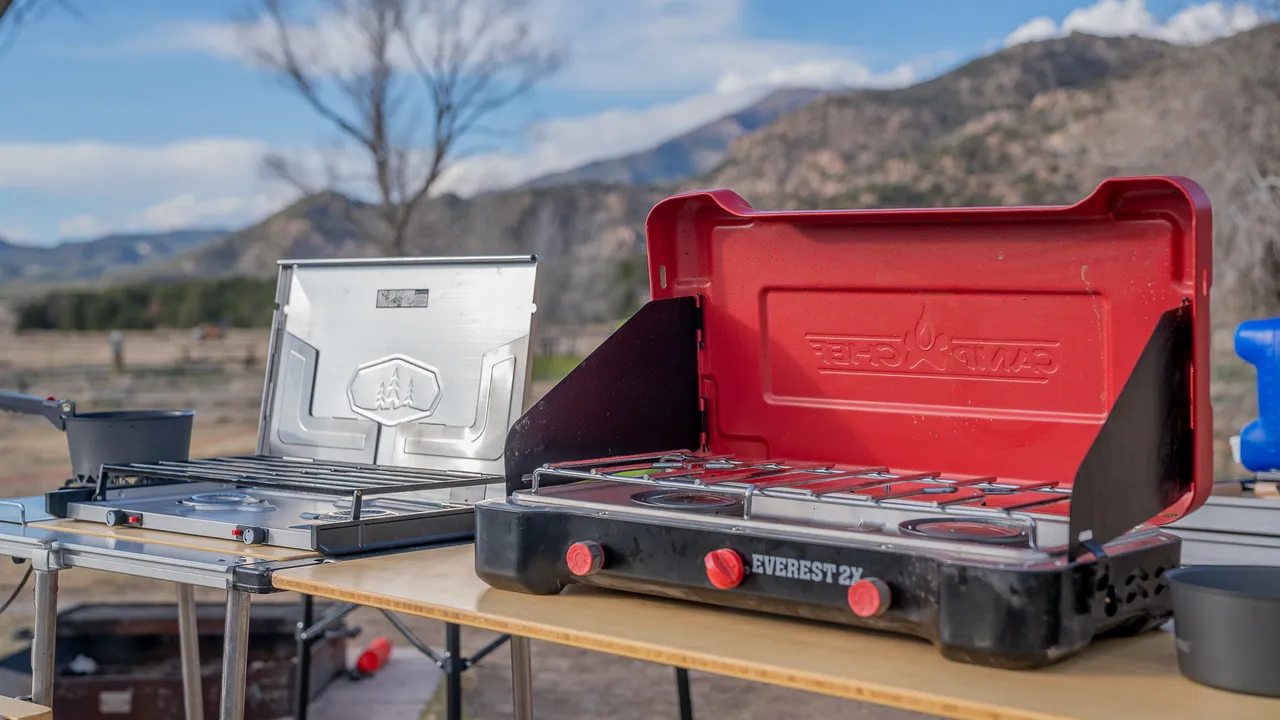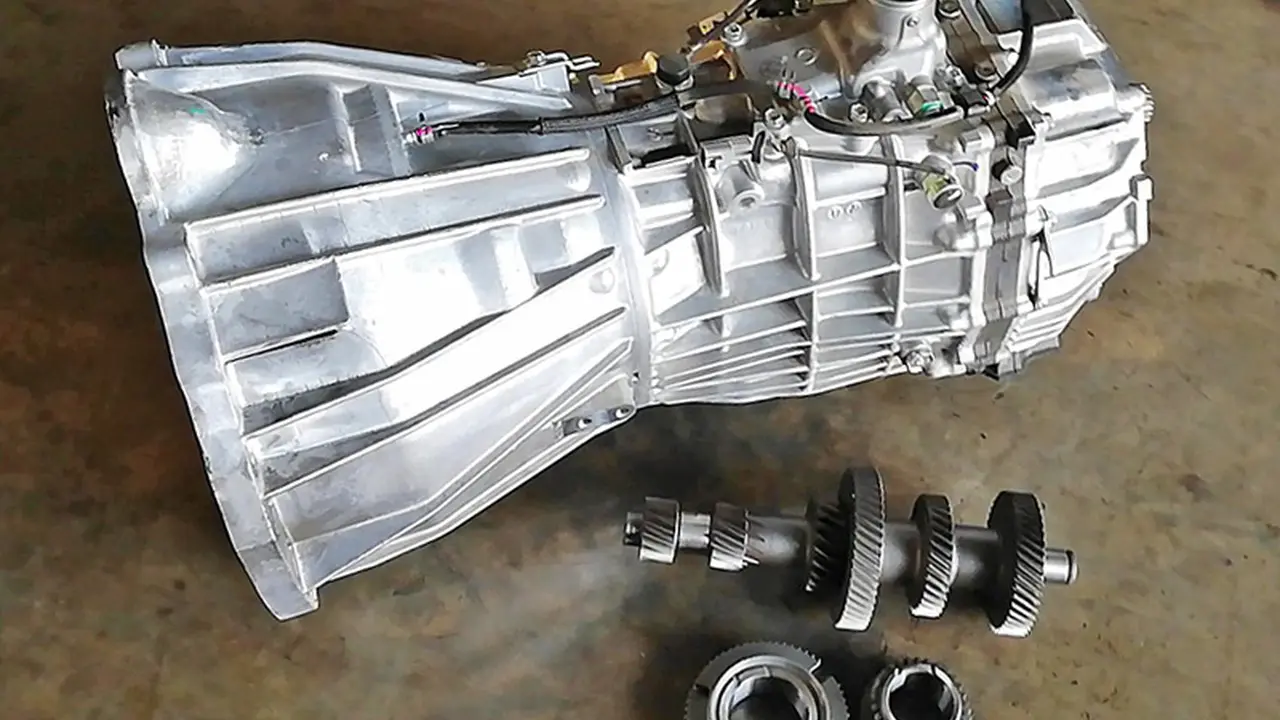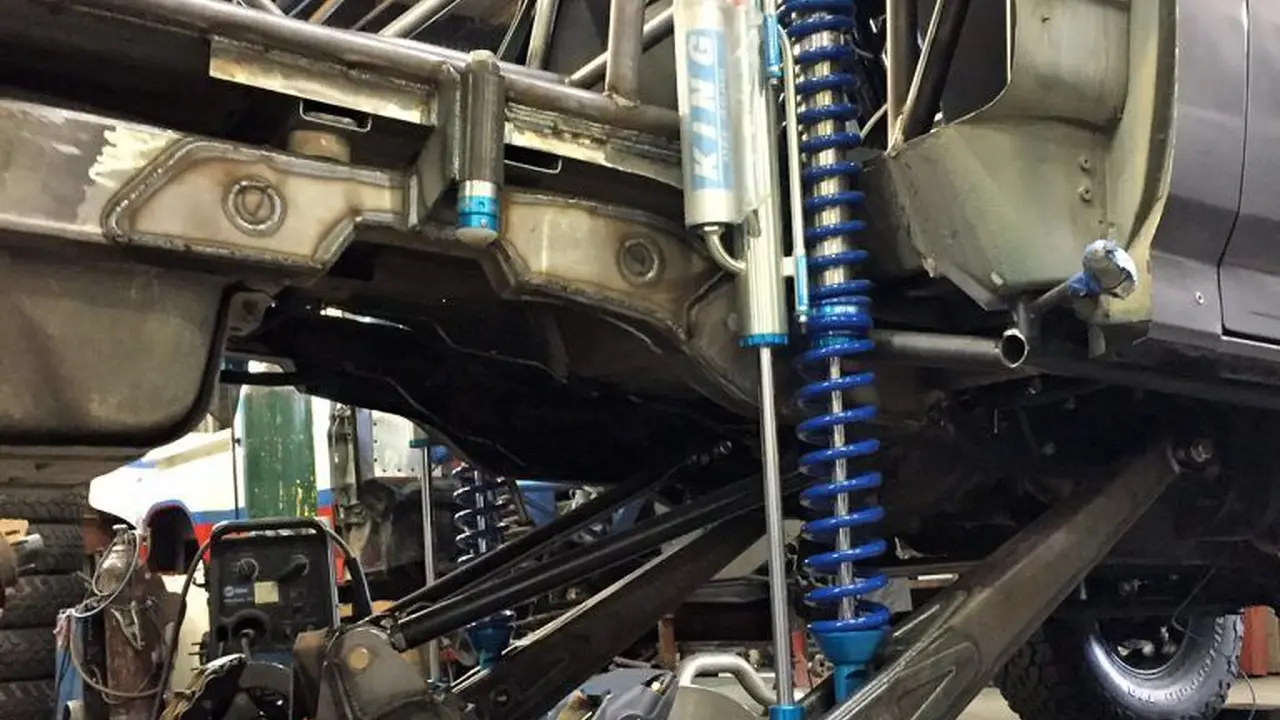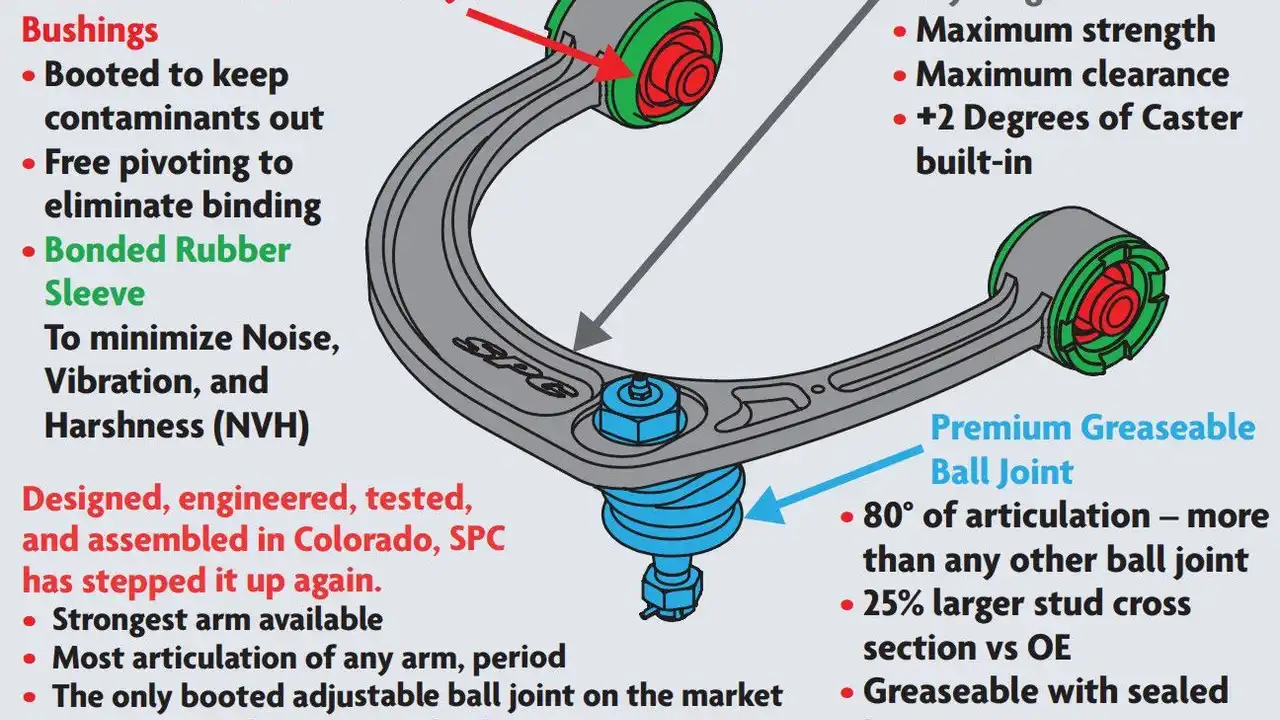Understanding Body Armor Materials for Off-Roading
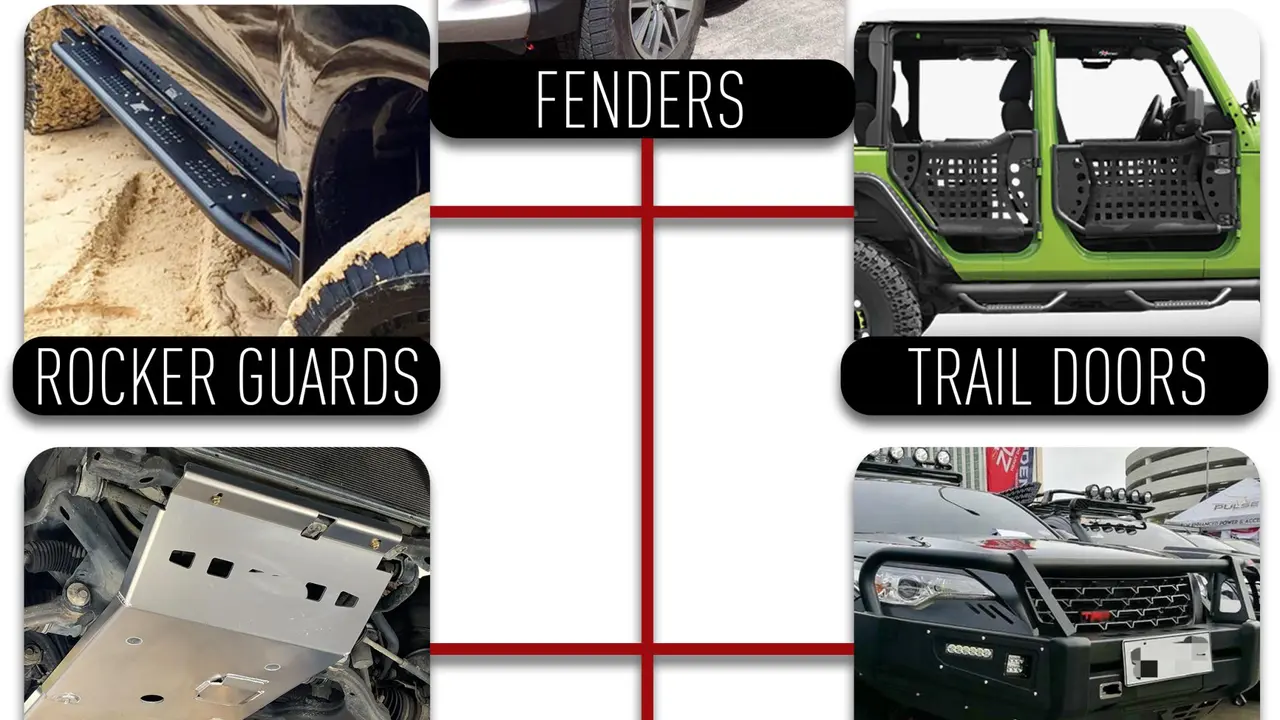
Body armor materials offer varying levels of protection and weight Learn about different body armor materials for off-road vehicles Ensure your vehicle is adequately protected from damage Prevent costly repairs with our helpful information
Why Understanding Off-Road Body Armor Materials Matters
So, you're thinking about beefing up your rig with some armor? Smart move. Off-roading isn't exactly gentle on your vehicle. Rocks, trees, and unexpected obstacles can turn a fun weekend into a costly repair bill real quick. But before you start slapping on steel plates, it's crucial to understand what your armor is made of. The material dictates how well it protects, how much it weighs, and, of course, how much it'll set you back. We're going to break down the most common materials used in off-road body armor, so you can make an informed decision and keep your ride safe and sound.
Steel Body Armor: The Classic Choice for Off-Roading
Steel is the OG of body armor. It's been used for ages in everything from tanks to… well, your grandpa's rusty old truck. Here's the lowdown:
Pros of Steel Body Armor
- Strength: Steel is incredibly strong and durable. It can withstand serious impacts and resist deformation better than most other materials. Think of it as the heavyweight champion of armor.
- Affordability: Compared to other options, steel is relatively inexpensive. This makes it a popular choice for budget-conscious off-roaders.
- Weldability: Steel is easy to weld, which means you can customize your armor or repair it if needed. Got a buddy with a welding machine? You're in business.
Cons of Steel Body Armor
- Weight: This is the big one. Steel is heavy, plain and simple. Adding steel armor can significantly increase your vehicle's weight, which can negatively impact fuel economy, handling, and suspension performance.
- Rust: Steel is susceptible to rust, especially in wet or salty environments. You'll need to regularly maintain your steel armor with paint or powder coating to prevent corrosion.
Types of Steel Used in Off-Road Armor
- Mild Steel: The most common and affordable type of steel. It's strong enough for most applications but not as tough as higher-grade steels.
- High-Strength Low-Alloy (HSLA) Steel: A stronger and more durable type of steel than mild steel. It offers better impact resistance and is often used in more demanding applications.
Aluminum Body Armor: Lightweight Protection for Your Off-Road Vehicle
Aluminum is the lighter, more modern alternative to steel. It's gaining popularity in the off-road world due to its weight savings and corrosion resistance.
Pros of Aluminum Body Armor
- Weight: Aluminum is significantly lighter than steel – about one-third the weight. This can improve fuel economy, handling, and suspension performance.
- Corrosion Resistance: Aluminum is naturally resistant to corrosion, making it a great choice for vehicles that are exposed to the elements.
Cons of Aluminum Body Armor
- Strength: While aluminum is strong for its weight, it's not as strong as steel. It can be more easily dented or damaged in severe impacts.
- Cost: Aluminum is more expensive than steel. This can make aluminum armor a significant investment.
- Weldability: Aluminum is more difficult to weld than steel, requiring specialized equipment and skills.
Types of Aluminum Used in Off-Road Armor
- 6061 Aluminum: A common alloy known for its good strength, weldability, and corrosion resistance. It's a versatile choice for various armor components.
- 5052 Aluminum: Offers excellent corrosion resistance, especially in marine environments. It's often used for skid plates and other parts that are exposed to water and mud.
UHMW (Ultra-High Molecular Weight) Polyethylene: The Plastic Alternative for Off-Road Protection
UHMW polyethylene is a type of plastic that's gaining traction in the off-road community as a lightweight and durable alternative to metal armor.
Pros of UHMW Body Armor
- Weight: UHMW is incredibly lightweight, even lighter than aluminum.
- Impact Resistance: It can absorb significant impacts without cracking or breaking. It tends to deflect rather than bend or break.
- Abrasion Resistance: UHMW is highly resistant to abrasion, making it ideal for skid plates and other parts that come into contact with rocks and debris.
- Self-Lubricating: UHMW has a low coefficient of friction, allowing it to slide over obstacles easily.
- Corrosion Resistance: UHMW is completely resistant to corrosion.
Cons of UHMW Body Armor
- Strength: While impact and abrasion resistant, it's not as strong as steel in terms of sheer strength. It can be cut or punctured by sharp objects.
- Heat Sensitivity: UHMW can be affected by high temperatures.
- Cost: UHMW can be expensive, depending on the thickness and size of the sheet.
Comparing Steel, Aluminum, and UHMW: Which Off-Road Body Armor Material is Right for You?
Okay, so we've covered the basics of each material. Now, let's break down the pros and cons in a head-to-head comparison to help you decide which is the best fit for your needs.
Strength Comparison for Off-Road Armor
Steel: The clear winner in terms of overall strength and resistance to deformation.
Aluminum: Good strength for its weight, but not as strong as steel.
UHMW: Excellent impact and abrasion resistance, but not as strong as steel in terms of sheer strength.
Weight Comparison for Off-Road Armor
UHMW: The lightest option.
Aluminum: Significantly lighter than steel.
Steel: The heaviest option.
Cost Comparison for Off-Road Armor
Steel: The most affordable option.
Aluminum: More expensive than steel.
UHMW: Can be the most expensive, depending on the thickness and size.
Corrosion Resistance Comparison for Off-Road Armor
UHMW: Completely corrosion resistant.
Aluminum: Excellent corrosion resistance.
Steel: Susceptible to rust and requires maintenance.
Product Recommendations: Off-Road Armor Examples and Pricing
Alright, let's get down to some specific product recommendations to give you an idea of what's out there. Keep in mind that prices can vary depending on the vendor and any sales or promotions that might be running.
Steel Rock Sliders: Body Armor 4x4 Rock Sliders
Description: These are a great entry-level option for Jeep Wrangler owners looking to protect their rocker panels. They're made from durable steel and offer good protection against rocks and other obstacles.
Pros: Affordable, strong, and easy to install.
Cons: Heavier than aluminum options, may require touch-up paint to prevent rust.
Price: Around $300-$400 per pair.
Use Case: Great for weekend warriors who tackle moderate trails.
Aluminum Skid Plates: ARB Aluminum Under Vehicle Protection
Description: ARB is a well-known brand in the off-road world, and their aluminum skid plates are a popular choice for Toyota Tacomas and other trucks. They offer excellent protection for the engine, transmission, and transfer case.
Pros: Lightweight, corrosion-resistant, and provides excellent coverage.
Cons: More expensive than steel options, may not be as strong in extreme impacts.
Price: Around $600-$800 for a full set.
Use Case: Ideal for overlanders and those who prioritize weight savings and corrosion resistance.
UHMW Skid Plates: Trail Armor UHMW Skid Plates
Description: Trail Armor specializes in UHMW protection, and their skid plates are popular for UTVs and ATVs. They're also increasingly available for trucks and SUVs.
Pros: Extremely lightweight, abrasion-resistant, and slides easily over obstacles.
Cons: More expensive than steel, can be punctured by sharp objects.
Price: Around $700-$900 for a full set.
Use Case: Great for rock crawling and navigating tight trails where sliding over obstacles is key.
Steel Bumpers: Warn Rock Crawler Bumper
Description: Warn is synonymous with winches, but they also make excellent steel bumpers. This bumper is designed for serious off-road use and provides excellent protection for the front of your vehicle.
Pros: Extremely strong, provides a winch mount, and offers excellent approach angle.
Cons: Very heavy, can impact fuel economy.
Price: $1200-$1500
Use Case: Great for hardcore off-roaders who need a winch and maximum protection.
Aluminum Bumpers: Addictive Desert Designs (ADD) Stealth Fighter Bumper
Description: ADD makes aggressive looking bumpers that are also lightweight. The Stealth Fighter is a popular choice for trucks that want a modern look and improved clearance.
Pros: Lighter than steel, aggressive styling, good clearance.
Cons: Expensive, may not be as strong as steel in a direct impact.
Price: $1500-$2000
Use Case: Trucks that want a custom look and improved off-road performance without adding too much weight.
Making the Right Choice for Your Off-Road Body Armor
Choosing the right body armor material is a personal decision that depends on your specific needs and priorities. Consider the type of off-roading you do, your budget, and the weight you're willing to add to your vehicle. By understanding the pros and cons of each material, you can make an informed decision and protect your investment for years to come. Happy trails!
:max_bytes(150000):strip_icc()/277019-baked-pork-chops-with-cream-of-mushroom-soup-DDMFS-beauty-4x3-BG-7505-5762b731cf30447d9cbbbbbf387beafa.jpg)



